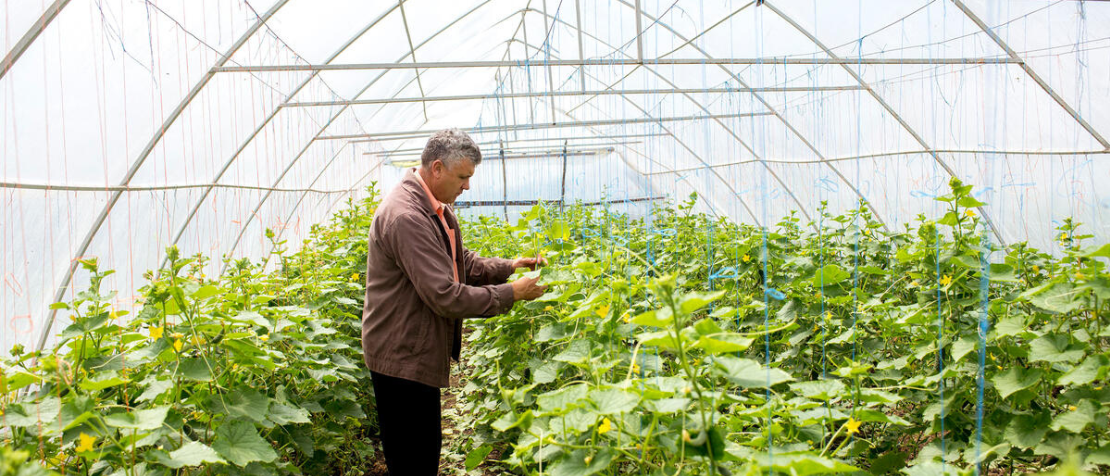International agriculture conference boosts support for Moldovan smallholder farmers

©FAO/Dorin Goian
A landmark declaration of support for smallholders and small-scale agriculture in the Republic of Moldova was adopted today at an international conference on strengthening the inclusion of small-scale farmers in agrifood value chains. The declaration will serve as a crucial road map for future policy actions aimed at empowering small family farms in the country.
Supported by all participants at the conference, the declaration is the result of collaboration from the Food and Agriculture Organization of the United Nations (FAO), the Moldovan Ministry of Agriculture and Food Industry, and the German–Moldovan Agricultural Policy Dialogue project funded by the German Federal Ministry for Food and Agriculture.
Smallholder agriculture is a predominant model in the Republic of Moldova, and small farms (including family farms) play a key role in the country’s agriculture and rural development, not only, but also in the economy in general. Smallholders and family farms, which generate more than 62 percent of the total volume of agricultural produce in the Republic of Moldova, are essential to food production and food security in the country.
Attendees at the Chisinau conference gathered to address the pivotal role of small-scale family farms in the Moldovan agriculture sector and their integration into agrifood value chains.
“Small-scale family farmers are the cornerstone of Moldovan agriculture,” said Vladimir Bolea, Deputy Prime Minister and Minister of Agriculture and Food Industry, emphasizing the economic and social impact of family farmers in creating jobs and sustaining rural livelihoods. Bolea further stressed the importance of exploring the full potential of smallholders.
Echoing this sentiment, Raimund Jehle, FAO Regional Programme Leader for Europe and Central Asia and FAO Representative in the Republic of Moldova, highlighted the challenges and immense potential for growth in the country’s agriculture.
“With the right policies, investments, and only through cooperation, the challenges of smallholder farmers can be transformed into opportunities for prosperity,” he said. “FAO’s regional Technical Cooperation Project on empowering smallholders and family farms has provided valuable insights into the unique needs and opportunities in supporting their development.”
The conference provided insights into the Common Agricultural Policy (CAP) of the European Union and its potential to support smallholder inclusion in growing market opportunities. Experts explored how the Republic of Moldova can leverage the CAP to empower small-scale farmers as the country prepares for potential European Union accession.
Cem Özdemir, the German Federal Minister for Food and Agriculture, praised the country’s progress in aligning its policies with the CAP, a crucial step in supporting smallholders.
Discussions focused on valuable lessons for the Republic of Moldova from Romania and other European Union countries, including Austria, France and Germany. Successful models in the region that can strengthen the role of smallholder farmers in the agriculture sector also were presented.
In addition, the conference provided strategies and tools for creating an enabling environment for future generations and boosting family farming in the Republic of Moldova.
The resulting declaration of support underscores the commitment of all partners to empowering Moldovan smallholders to ensure their continued contribution to the country’s agricultural landscape and overall economic development.
Smallholder inclusion in agrifood value chains in the Republic of Moldova
Food and agriculture in the Republic of Moldova
Investment accelerates resilient and sustainable agrifood sector in Republic of Moldova
Support for animals means support for families in the Republic of Moldova
